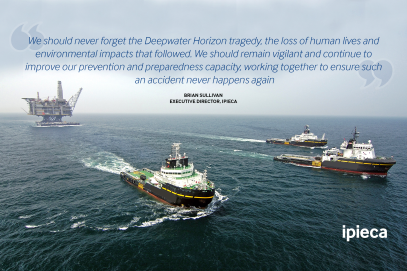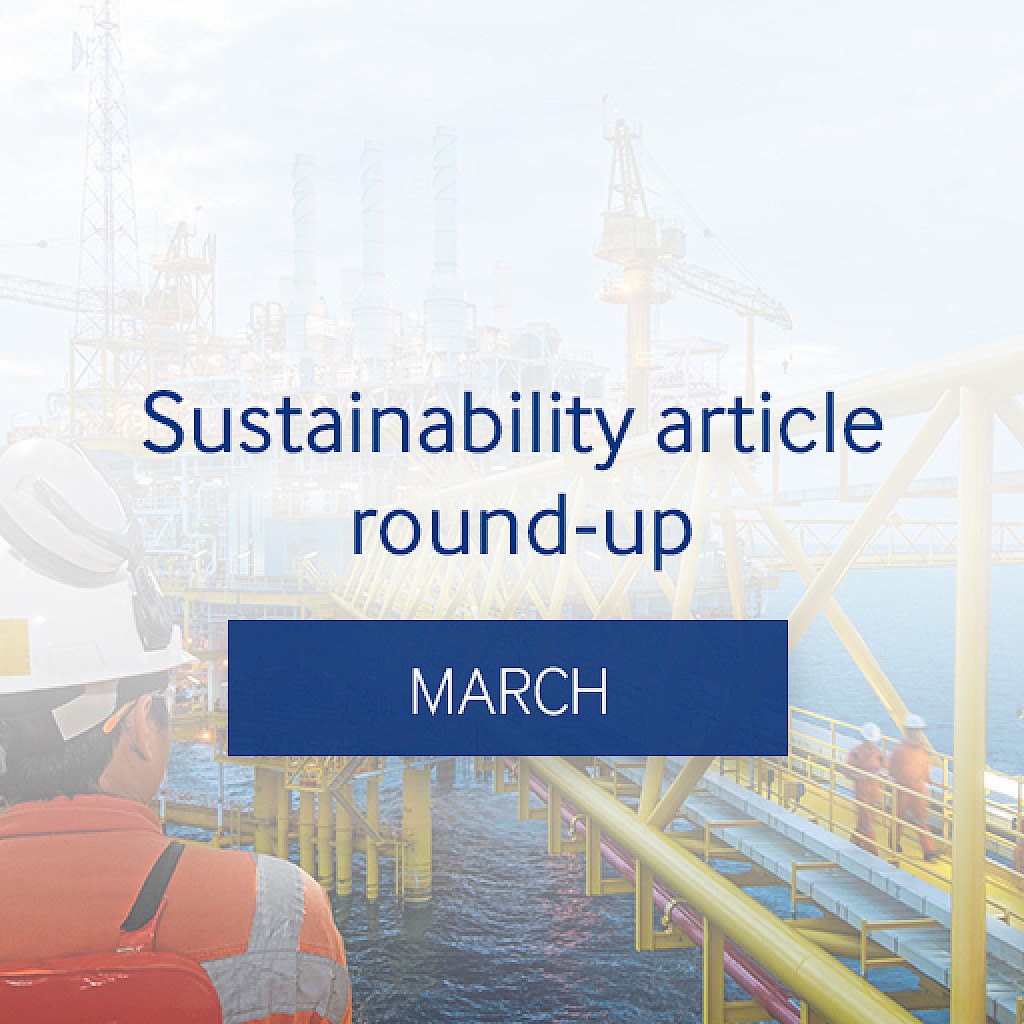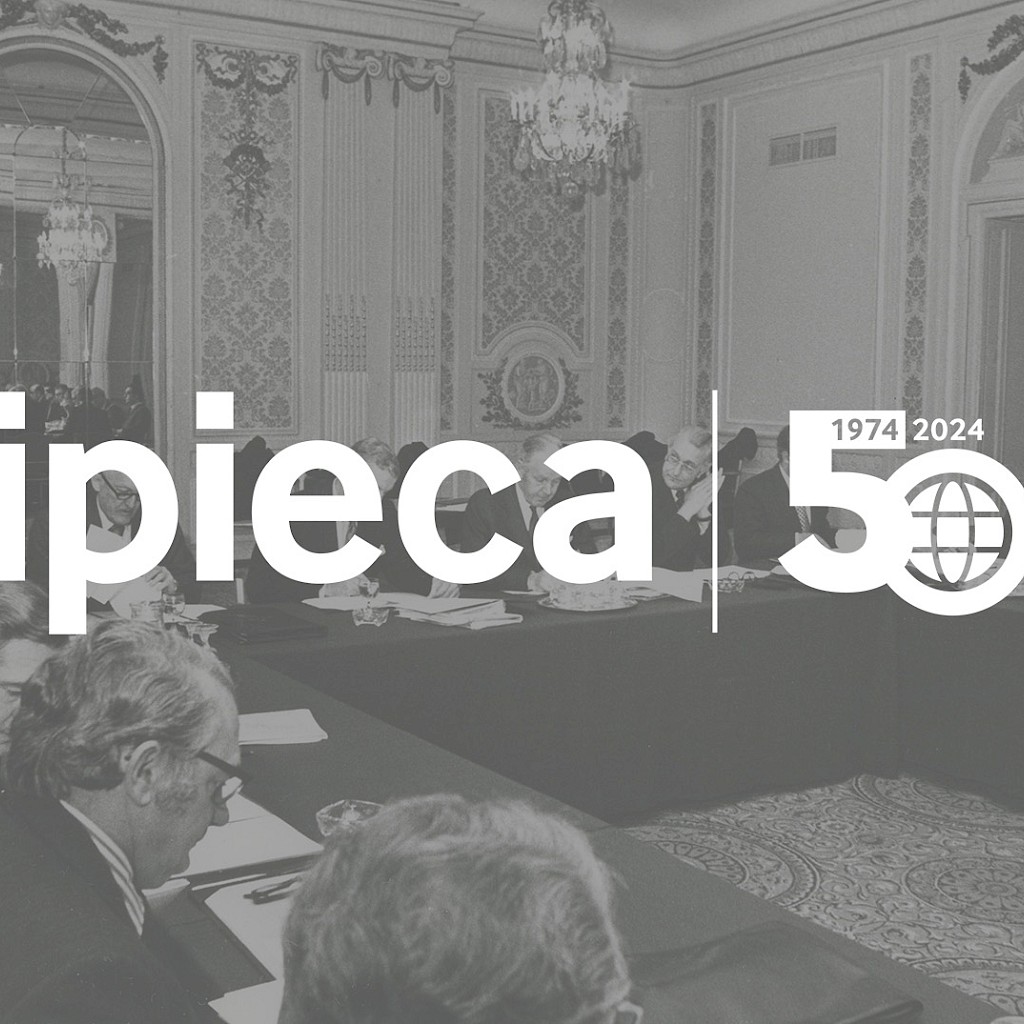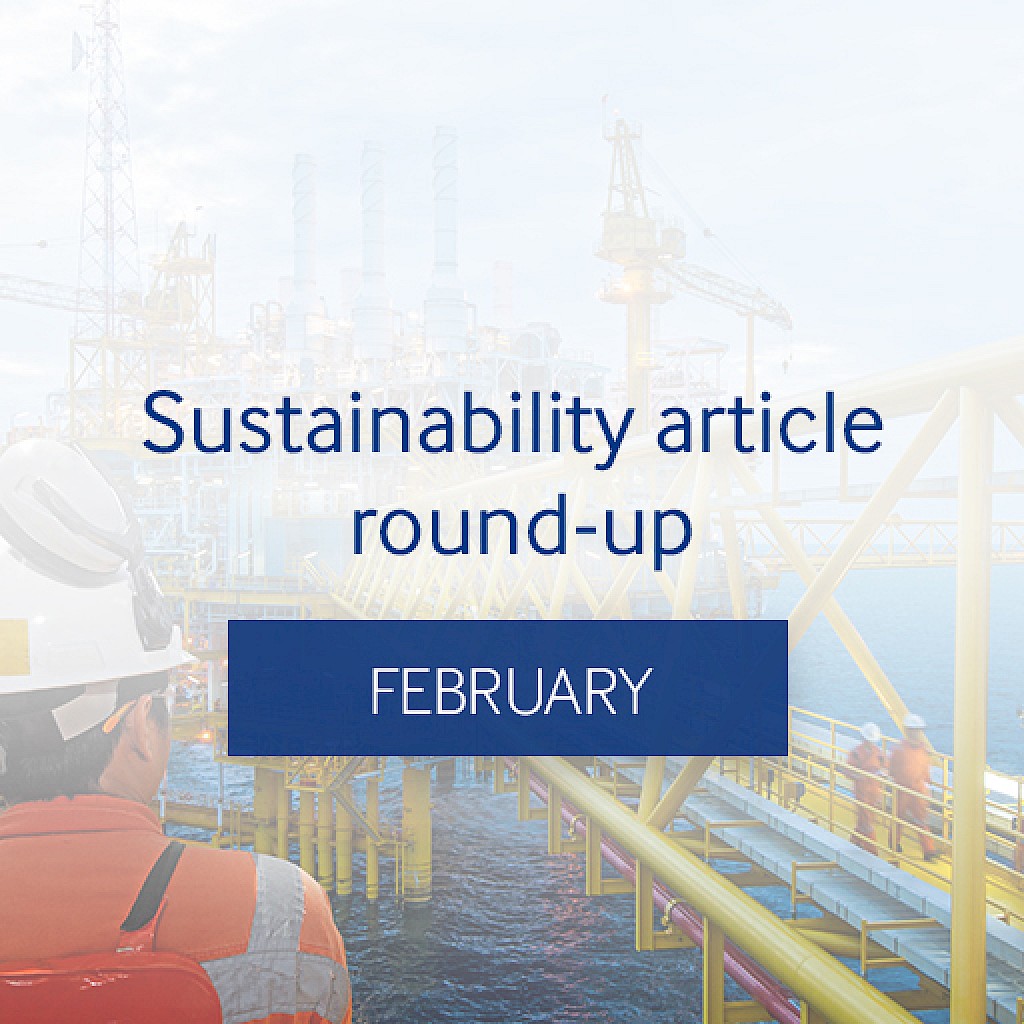There are events in our lives where we 'remember where we were when...'. Sadly these are more often than not tragedies. Anniversaries of these events trigger reminders and our thoughts return to where we were and what we felt at the time. 20 April 2020 marks the 10th anniversary of the Deepwater Horizon accident, which claimed 11 lives and led to the largest marine oil spill in history. I remember watching the breaking news on the TV with shock at the loss of life and being awestruck by the scale of the spill and the challenge facing my former colleagues in BP to respond to it. I know there are many people in the oil and gas industry, myself included, for whom the 20 April 2010 is a date they will never forget.
We will never forget
First and foremost, this was a human tragedy. 11 people lost their lives at work, somewhere they should have been safe and the impacts on the families and friends will endure. Being married to the daughter of someone killed in an industrial accident when she was a young teenager, I see the sadness and inevitable change in course in her and her family's lives that followed. This is one important reason why we remember those events and should continue to do everything we can to ensure this doesn't happen again.
The amount of oil released into the Gulf of Mexico was 3.19 million barrels and at its peak required the mobilisation of a huge range of resources including 48,000 people, 6,500 vessels and some 2,500 miles of boom to contain the oil. The response carried on for almost 5 years and was a huge effort involving collaboration across different sectors of society and within the industry on a scale never seen before. That said, the environmental impact was significant, and the societal disruption associated with it contributed to the enormous cost of the accident. BP spent $14 billion on response and clean up activities, along with another $7 billion to cover natural resource damage restoration in five affected states.
A collaborative industry response
Even while the response was ongoing, the industry came together to review the learnings from the accident. The International Association of Oil and Gas Producers (IOGP) formed the Global Industry Response Group involving 20 oil and gas companies to review the accident and identify the learnings from it. They focused on three areas: prevention, intervention and response, and generated a series of recommendations for each of them. The industry has worked on implementation of all the recommendations.
The work on the response side was completed by the Ipieca-IOGP Oil Spill Response Joint Industry Project. This five-year project, managed by Ipieca started with Ipieca's established good practice guidance, previously focussed more on shipping related spills and overhauled it radically to accommodate the learnings from Deepwater Horizon and other upstream incidents. The outcome was 24 good practice guidance documents covering a broad range of practices from incident management, dispersants and responder health and safety. This library of practice provides the global framework for marine oil spill response that through its formation based on collaboration, enables a collaborative approach to spill incidents wherever they occur.
The industry continues to work together through Ipieca and other groups on efforts to prevent spills happening in the first place, but also to maintain high levels of preparedness to address the risk of future spills.
Ipieca Oil Spill Group
Our Oil Spill Group focuses on maintaining and updating our technical guidance, raising awareness and uptake of the guidance across the industry and the response community, and also our partnership with the United Nations Agency for Shipping, the International Maritime Organization (IMO), the IMO-Ipieca Global Initiative for Oil Spill Preparedness and Response. This partnership brings together state actors and the oil industry to work together at national and regional level to improve collaboration and preparedness for spills around the world. We have specific programmes in West, Central and Southern Africa, the Black Sea and Caspian Sea, South East Asia, China and the Caribbean. All of them rely on state authorities and local industry working together to ensure the highest levels of preparedness are in place and maintained.
We are continuously improving
This level of activity is high because although there has been substantial progress in prevention of tragedies like Deepwater Horizon, however low the probability, the risk remains. We should never forget Deepwater Horizon and the human and environmental repercussions that followed. We should remain vigilant and continue to improve our prevention and preparedness in the hope that we never need to use it again.
Together we are doing everything we can to make sure our industry has no more events that trigger us to 'remember where you were when...'.





